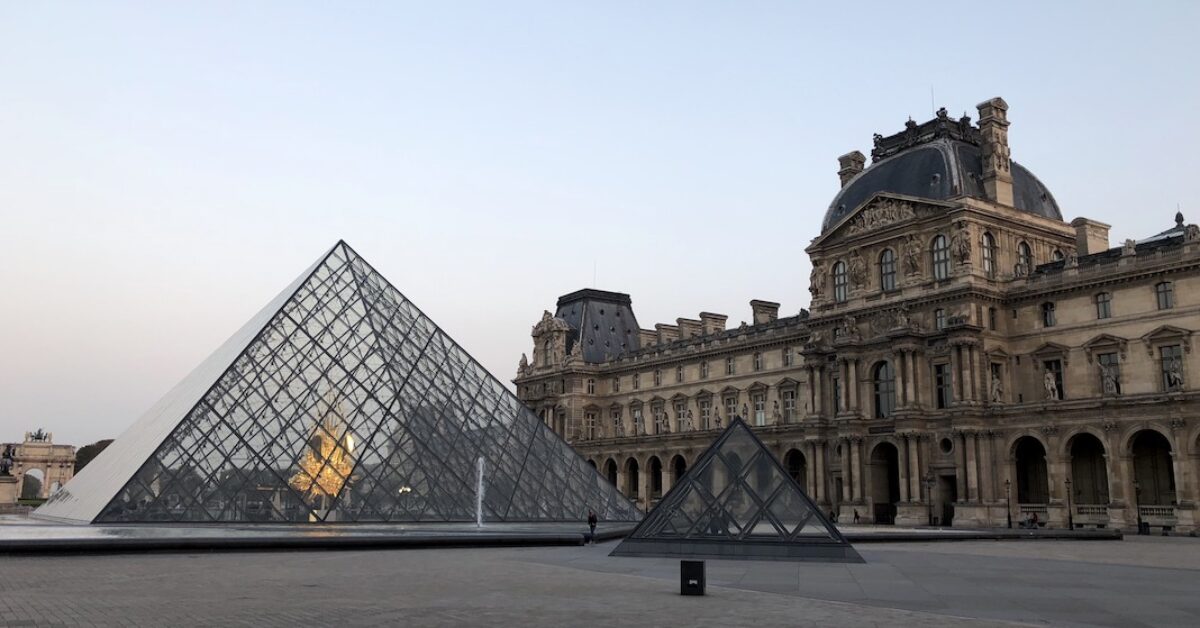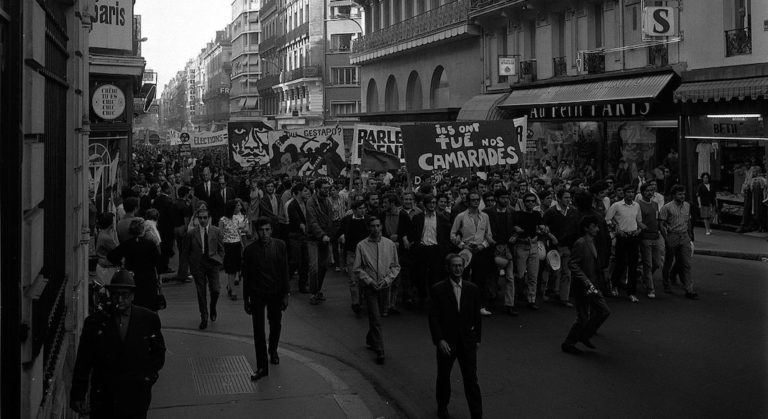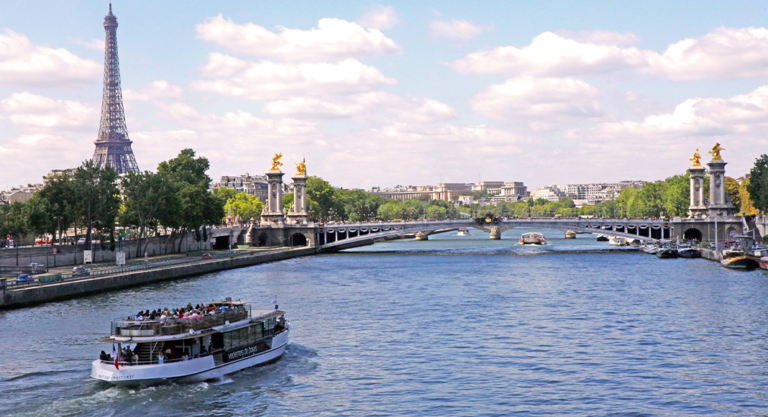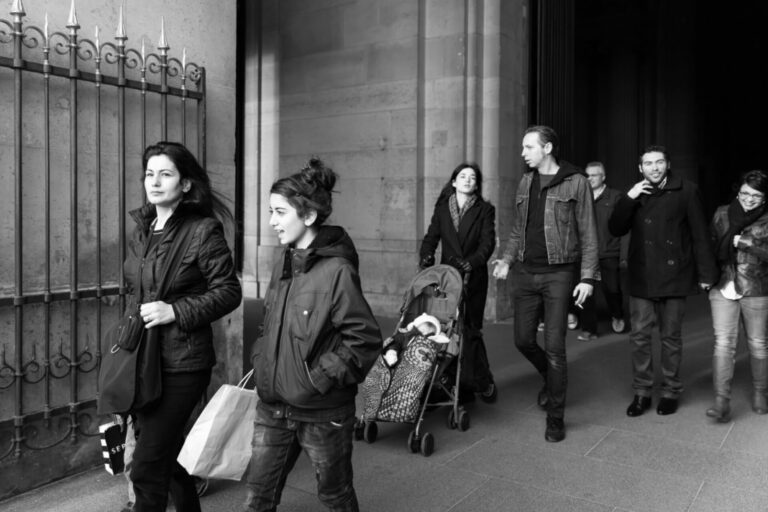They feel they’re too exposed to the coronavirus outbreak. Employees at the Louvre Museum in Paris, which sees an average of 30,000 visitors a day, have been exercising their “droit de retrait,” or right to withdraw, since Sunday, March 1. On Sunday, Monday and Tuesday, the museum’s doors remained closed. In the Paris region, bus drivers, including 200 in Essonne, also exercised their right to withdraw. They are asking for protection and for their buses to be disinfected.
Provided for in Article L4131 of the Labor Code, the right to withdraw allows one (or more) employee to withdraw, after having alerted his employer by any means — though it is preferable to be done by written record — from “any work situation which he has reasonable grounds to believe presents a serious and imminent danger to his life or health, as well as any defect he notices in the protection systems.” The employer must then take the necessary measures to ensure that the employee’s safety is once again assured and that he or she can return to work. During this time, “no sanctions, no deductions from wages may be taken” against the employee.
The right to withdraw, case by case
Does the Covid-19 epidemic represent a serious and imminent danger to employees? For Minister of Transportation Elizabeth Borne, not really. On CNews, she said that “at this stage, [the right of withdrawal] is unfounded, as long as the companies apply all the precautions that are decreed by the Ministry of Health.”
It’s not so simple, says Éric Rocheblave, a lawyer specializing in labor law. “Today, no one can say whether employees can exercise their right to withdrawl, not even the ministers: it is up to the labor court to decide,” he explains to Le Point. On the Service-public.fr website, it is also clearly stated that to withdraw, “the employee does not have to prove that there is indeed a danger, but must feel potentially threatened by a risk of injury, accident or illness.”
But beware, “it’s really on a case-by-case basis, because each work situation is different,” warns Rocheblave. In the case of the Louvre, “the right to withdraw seems more reasonable for someone at the checkout or in the souvenir shop who is in contact, less than a meter away and within spitting distance of hundreds of people from all walks of life every day, than for the accountant who works not on-location in the office.” In the same way, “a person working in the Oise [where there have been Covid-19 cases] has more reasonable grounds for exercising his or her right of withdrawal than in a department where there are no cases.”
Labor courts can judge
However, be careful not to abuse the right of withdrawal. “If your employer has provided you with hand sanitizer and protective masks, then you don’t really have reasonable grounds to believe that you are in danger,” says the lawyer.
If the employer believes that the exercise of the right to withdraw was not justified, he can refer the matter to the judge in chambers. “But very often, conflicts are settled after the fact,” says Rocheblave. The employer punishes the employee for abandoning his position or withholds from his salary, and he is attacked by labor court.” In court, the judge will verify that the right of withdrawal was in response to a “serious and imminent danger” for the employee, “based on the knowledge of the danger at the time of the withdrawal,” he said. A detail that is important in the case of the Covid-19 epidemic, because knowledge about the virus and its spread is evolving day by day.
This article was first published on Le Point. It was published here in partnership with Le Point.






